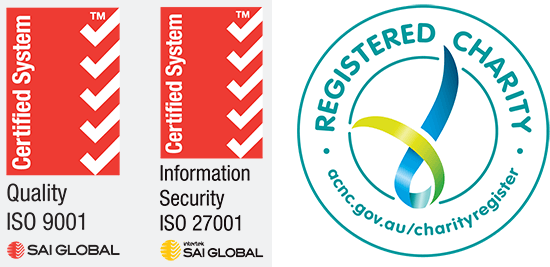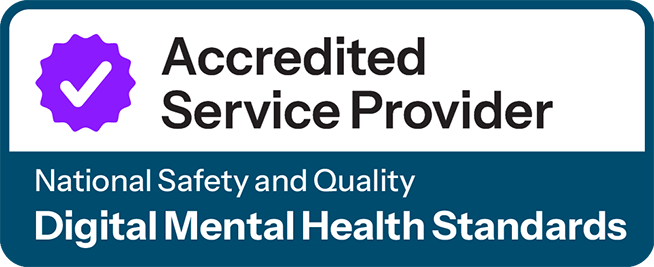Date
Cost
Available to
Practice Managers
General Practitioners
Practice Staff
Continuing Professional Development
1.5 RACGP CPD hours - Educational Activities
This workshop aims to discuss the link between domestic and family violence (DFV) and suicide. Suicidal ideation is common in people experiencing or using DFV. There is a need to have effective risk assessment safety planning strategies and support pathways for both suicide and DFV.
Domestic and family violence (DFV) causes major health issues, and GPs and primary health care workers need to be aware of how people commonly present when experiencing suicidal ideation in the context of DFV. It is important for practitioners seeing victim-survivors and people who use DFV to understand the strong link between it and suicide. This will enable them to recognise the signs in individuals and to learn effective risk assessments and safety planning strategies and to identify the appropriate supports within the general practice setting and referral pathways.
Speakers
Clinical Associate Professor Magdalena Simonis is a leading women’s health expert, government advisor and a Senior Honorary Research Fellow at the University of Melbourne Department of General Practice.
She has been a member of the National Family Violence steering committee and helped develop resources with Safer Families specifically around information sharing and the MARAM framework. She continues to deliver family violence training through Safer Families and RACGP. Magdalena is a long-standing member of the RACGP Expert Committee on Quality Care and is the elected Australian Medical Association Federal General Practice Representative.
In 2023 she was made a Member of the Order of Australia (AM) 2023, for significant service to health through various roles and to women’s health.
Rodney Vlais (them/they) is a psychologist, behaviour change specialist, training provider, supervisor and evaluator in engaging men who cause family violence harm. They have substantial experience both as a men's behaviour change practitioner and in policy and capability-building work, running or contributing to projects commissioned by NGOs or government agencies across Australia.
Lily Fetter is a Lived Expertise Academic Specialist at the Safer Families Centre and a registered midwife. She is a dedicated advocate and social justice campaigner in the field of domestic and family violence, with a particular focus on integrating lived experience into academic research, education, and practice development. Lily works collaboratively with the WEAVERs—women with lived experience of family violence—who contribute their expertise to research and training initiatives within the Department of General Practice at the University of Melbourne. In her role, Lily is responsible for the coordination and administration of the WEAVERs group, serving as a key liaison between academic staff and lived experience representatives to ensure meaningful, ethical, and impactful collaboration
Learning outcomes:
By the end of this activity, participants will be able to:
- Explain the relationship between DFV and suicide and the specific risk factors within the context of DFV
- Identify the signs of suicidal ideation in individuals experiencing DFV and using DFV
- Discuss how to conduct a risk assessment and develop a safety plan to support patients with suicidal thoughts and DFV
- Describe and evaluate the impact of DFV on children’s mental health and increased risk of suicidal ideation





